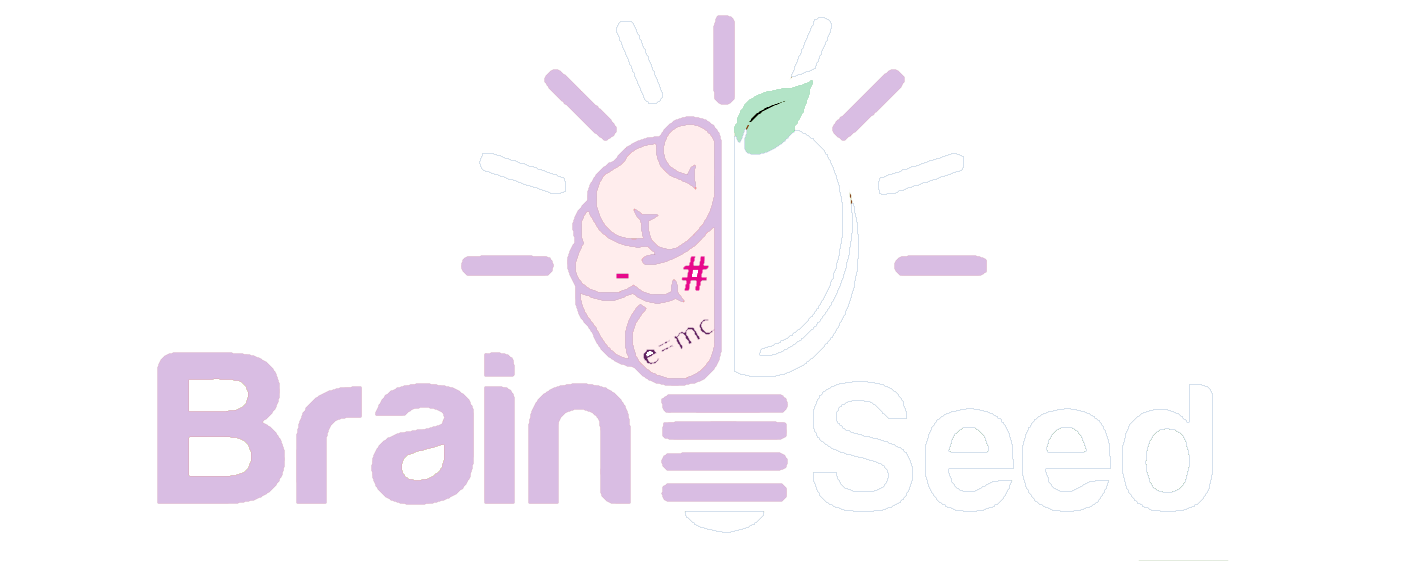What are the benefits of drama for developing teamwork skills?
Drama has long been recognized as an important tool for fostering various skills, including creativity, communication, and empathy. One often overlooked benefit of drama is its ability to develop teamwork skills. In this article, we will explore how drama can be used to build teamwork skills and why it is an effective approach.
The Importance of Teamwork
Collaboration is essential in today’s society, whether in the workplace, schools, or community organizations. Collaboration and teamwork are necessary to achieve shared goals and objectives. However, developing effective teamwork skills can be challenging, especially for individuals who lack experience working in a team setting. This is where drama comes in.
How Drama Promotes Teamwork Skills
Drama activities require participants to work together to create a scenario, develop characters, and tell a story. Each individual has a role to play, and the outcome of the performance depends on the group’s ability to work together seamlessly. Thus, drama activities provide an excellent opportunity to practice teamwork skills in a fun and engaging way.
One way drama can help develop teamwork skills is by promoting active listening. When working in a team, it is crucial to listen to others’ perspectives and ideas. Drama activities require participants to listen carefully to their teammates to ensure that they are working towards the same goal. By actively listening to others, participants can develop a better understanding of their teammates’ strengths and weaknesses, leading to more effective teamwork.
Drama activities also encourage participants to take on different roles within the group. This helps individuals learn to work together and rely on each other. For example, in a play, someone may need to take on the lead role while others support them by playing secondary characters. This promotes a sense of interdependence and helps individuals learn to trust each other.
Another way drama can help develop teamwork skills is by promoting effective communication. In drama, participants need to communicate their ideas clearly to their teammates. This requires them to be honest, concise, and articulate. Thus, drama activities help individuals develop skills that are essential for effective teamwork.
Finally, drama activities provide an opportunity for individuals to give and receive constructive feedback. After a performance, participants can discuss what worked well and what could be improved for future performances. This helps them learn from their mistakes and improve for future performances. This feedback loop is essential for effective teamwork, as it allows teammates to learn from each other and continuously improve their performance.
Conclusion
In conclusion, drama is an effective tool for developing teamwork skills. Drama activities promote active listening, encourage individuals to take on different roles, promote effective communication, and provide an opportunity for constructive feedback. By participating in drama activities, individuals can develop the essential teamwork skills necessary to succeed in today’s society.
Are you looking for a fresh and exciting way to engage your school’s drama program or your child’s creativity? Try YouTube drama! It’s a fun and modern way for students to create and perform in their own videos. YouTube drama is flexible, convenient, and can even reach a wider audience. Plus, it teaches valuable skills like video production, editing, and storytelling. Click here to learn more about how YouTube drama can benefit your school’s drama program.







